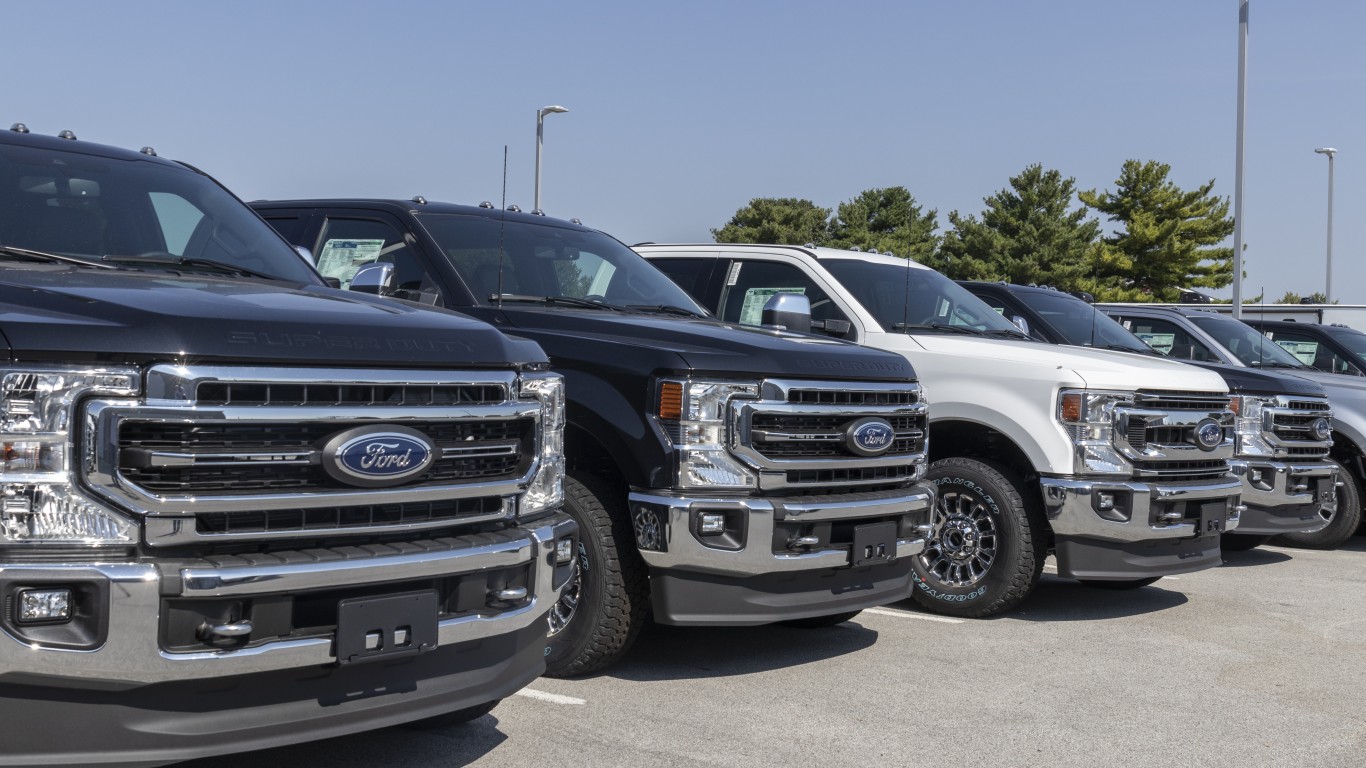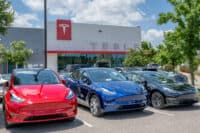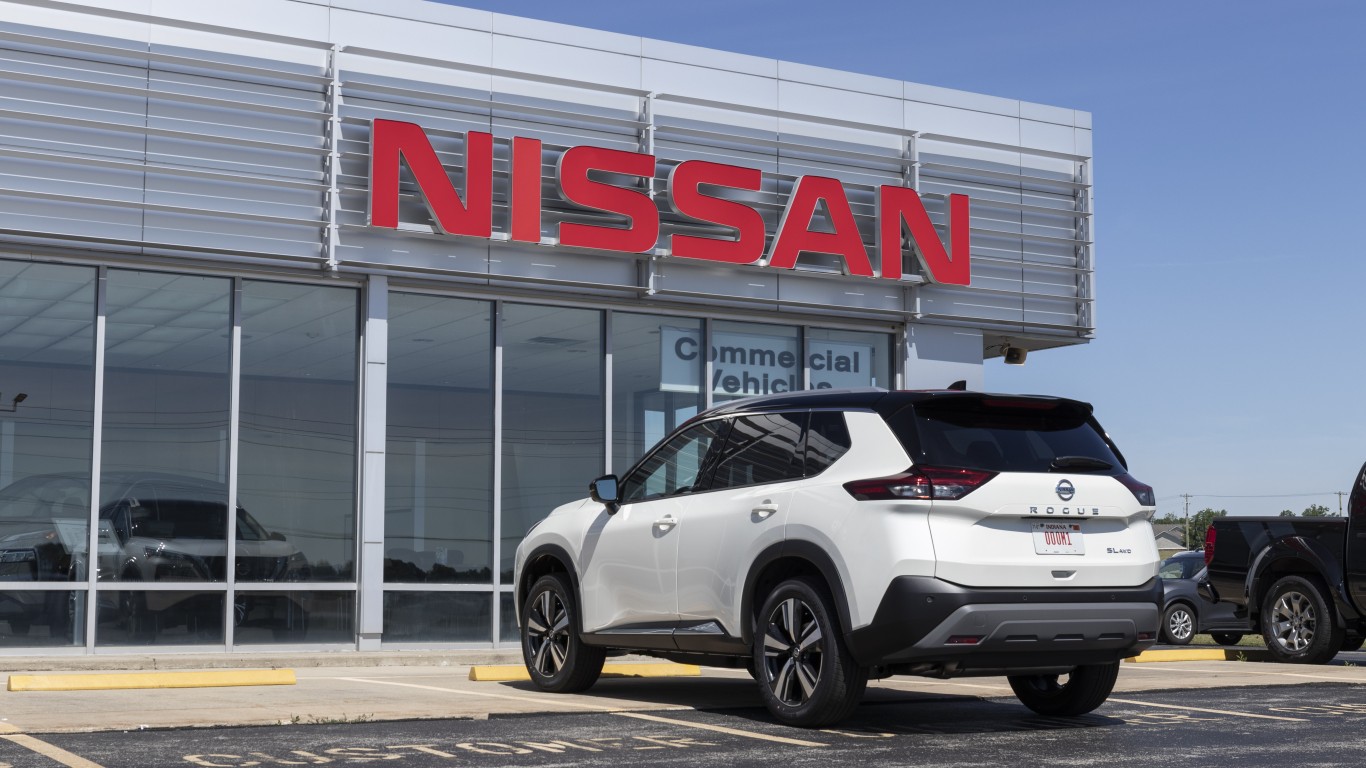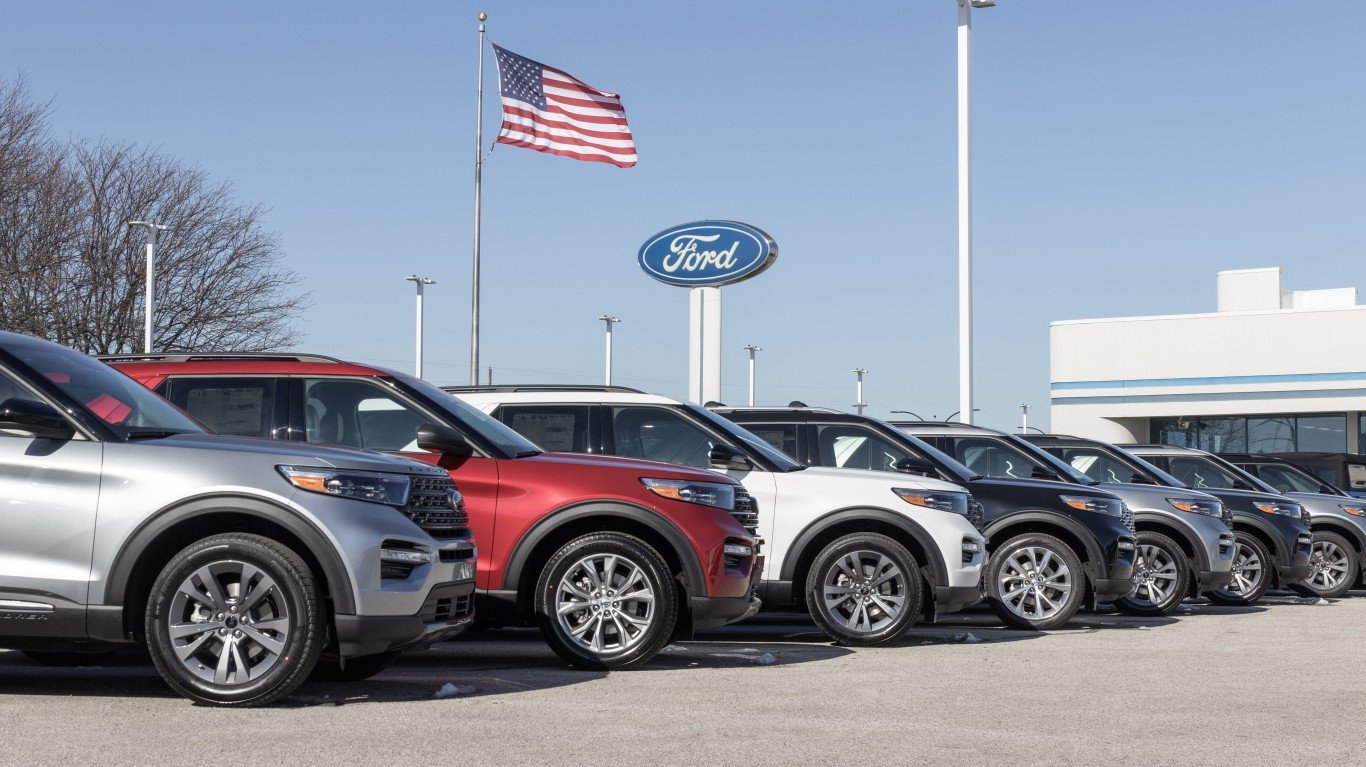Volkswagen believes it can see the future of the car industry in China and its own place in that future. The German manufacturer will increase its production capacity in the People’s Republic by as much as 70% by 2018. Of course, VW could be completely wrong about the future of the market, which would make its programs a very costly mistake.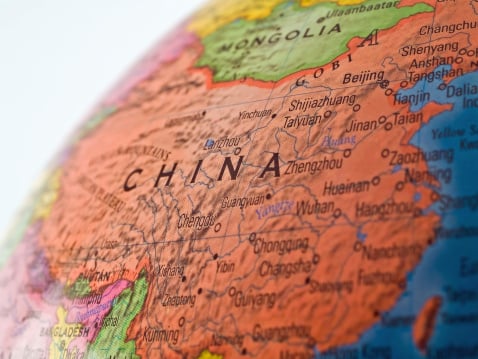 Source: Thinkstock
Source: Thinkstock
Volkswagen announced its China plans as management reported record global profits for 2012. The company knows as well as any other that its home market of Europe will stay depressed for several years. That leaves its initiatives in the United States and China as the critical lynch pins of its future fortunes.
VW’s presence in the U.S. is small and probably will not get much bigger. It sold 60,474 units in the market over the first two months of the year, for a modest 4.7% increase. Its market share in the United States is only 2.7%.
VW has to contend with two issues in the U.S. First is that its cars are rarely among those considered the best by testing companies. Toyota Motor Corp. (NYSE: TM), which has products that compete with all of those sold by Volkswagen, does much better in these evaluations. So do Honda Motor Co. Ltd. (NYSE: HMC) products and those of several products of The Big Three U.S. automakers. Second, VW’s products are aimed at the middle of the market, which favors light cars with good gas mileage. This part of the market is ridiculously crowded, and much of the crowd has been in this part of the American market for years.
That leaves VW’s gamble in China. The Chinese car market is the world’s largest, but it is not posting the hyper-growth of the past decade. An end to some tax credits has hurt sales. What is less clear is whether other factors have slowed sales. Do the Chinese have less discretionary income than most analysts believe? Or is the Chinese market really different from those in the U.S. and Europe? The bicycle, scooters and public transportation may have roots there too deep for VW to disturb.
VW has to contend with the crowding of the market in China just as it does in the United States. Its China position is extremely strong, often considered number one in the People’s Republic for total sales, a distinction it sometimes shares with GM. But every other global car company believes it needs China to have a bright future, and China’s own car companies want sales and market share just as badly.
The Chinese market may not be as fertile as expected for another reason. The extreme levels of air pollution in the most populous cities already have triggered restrictions to the number of cars that may be driven and the time of day they can operation. This is bound to undermine the sales of cars and light trucks. As the pollution gets worse, so will the restrictions.
Volkswagen’s odds of producing and selling 70% more cars in China five years from now are poor and getting poorer.
Sponsored: Attention Savvy Investors: Speak to 3 Financial Experts – FREE
Ever wanted an extra set of eyes on an investment you’re considering? Now you can speak with up to 3 financial experts in your area for FREE. By simply
clicking here you can begin to match with financial professionals who can help guide you through the financial decisions you’re making. And the best part? The first conversation with them is free.
Click here to match with up to 3 financial pros who would be excited to help you make financial decisions.
Thank you for reading! Have some feedback for us?
Contact the 24/7 Wall St. editorial team.
